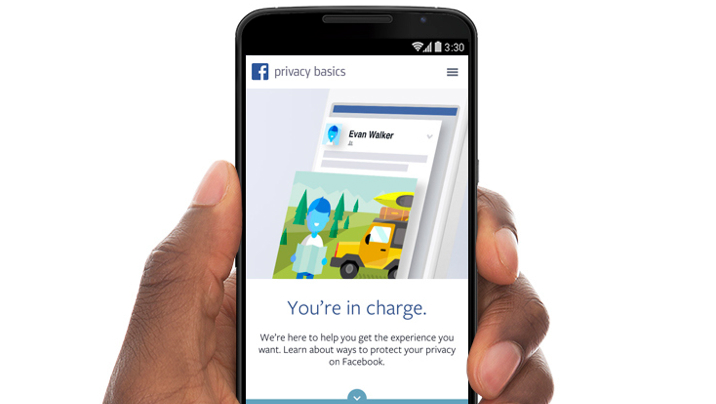Facebook uses cute animations to explain how it's selling your data
Lays the ground for location-based ads

Facebook has once again tried to simplify its privacy policy, which at 5,830 words is now officially shorter than the US Constitution.
By condensing its terms of use, Facebook hopes to make it easier for the average user to understand how their data is being used by the social network. But while it might be a little clearer on how to control what other users see, you still have no control over the information Facebook sees about you.
Facebook still has the right to use all your shared information to target you with ads, and what's more, the policy actually encourages users to add as many preferences as possible so as to make for better targeted advertising.
Facebook is also honing location-based advertising. In a blog post, Facebook's Chief Privacy Officer Erin Egan said, "We're working on ways to show you the most relevant information based on where you are and what your friends are up to. For example, in the future, if you decide to share where you are, you might see menus from restaurants nearby or updates from friends in the area."
'You're in charge. Sort of'
Such is the age of the internet that a lot of people don't care about companies like Facebook using so much of their data for advertising, but for the more privacy-aware, the new policy is worth a read. Especially with points such as following:
"We receive information about you and your activities on and off Facebook from third-party partners, such as information from a partner when we jointly offer services or from an advertiser about your experiences or interactions with them."
To coincide with the policy revamp, Facebook launched a new feature called Privacy Basics, which explains what other people can see about you, what you can see, and how other people can interact with you. You can see it for yourself here.
Get daily insight, inspiration and deals in your inbox
Sign up for breaking news, reviews, opinion, top tech deals, and more.
Hugh Langley is the ex-News Editor of TechRadar. He had written for many magazines and websites including Business Insider, The Telegraph, IGN, Gizmodo, Entrepreneur Magazine, WIRED (UK), TrustedReviews, Business Insider Australia, Business Insider India, Business Insider Singapore, Wareable, The Ambient and more.
Hugh is now a correspondent at Business Insider covering Google and Alphabet, and has the unfortunate distinction of accidentally linking the TechRadar homepage to a rival publication.
